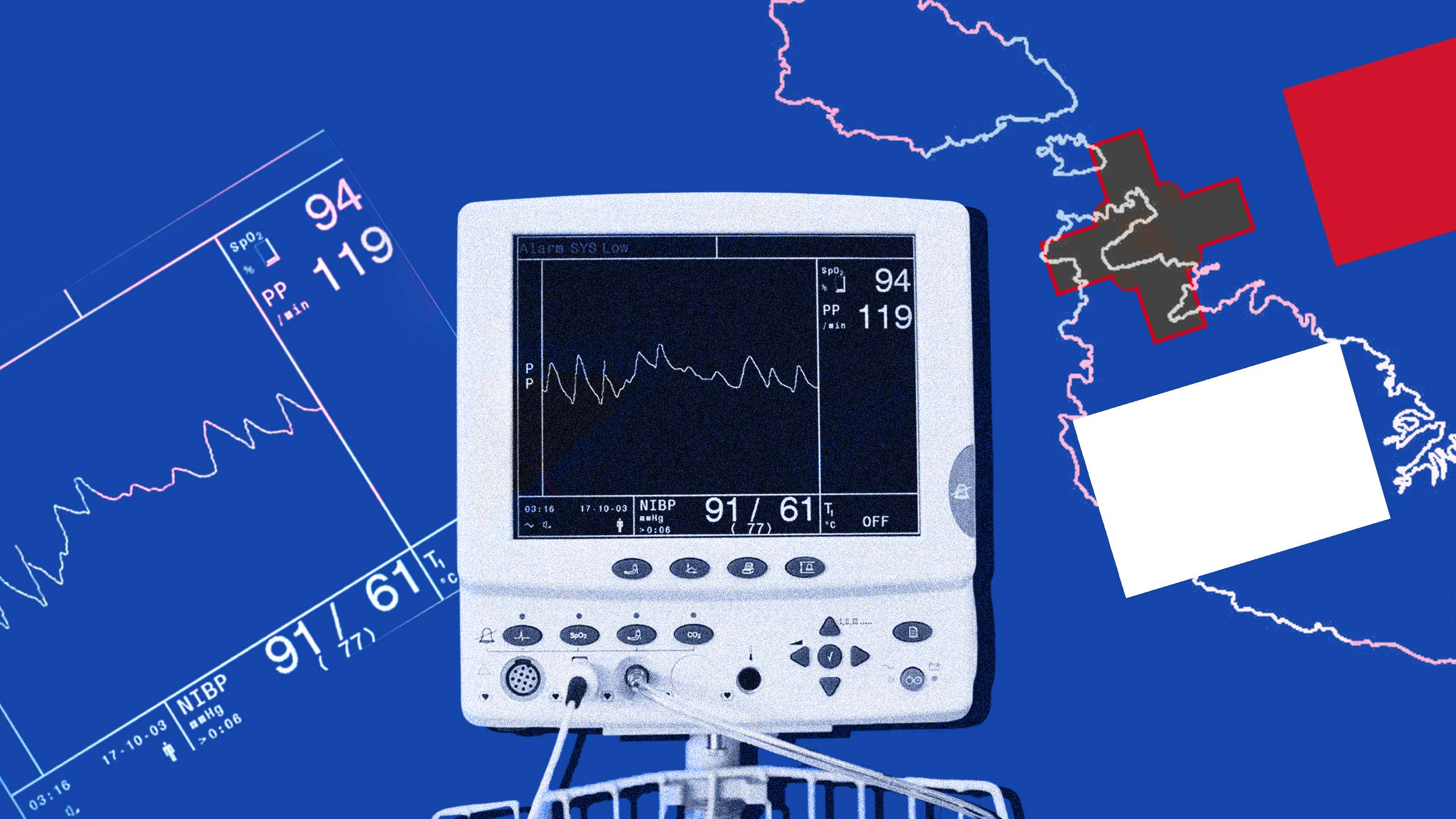The prime minister of Malta announced plans earlier this month to make gender-affirming surgeries free to the citizens of Malta, as part of a larger series of LGBTQ+-focused reforms. The small European country already has a reputation for its progressive stance on LGBTQ+ issues.
Prime Minister Robert Abela announced the upcoming changes at Malta’s Pride March in the capital city of Valletta on September 10. In a speech, Abela promised that trans people in Malta would soon have access to gender-affirming surgeries via the nation’s publicly funded health service—though the timeline for implementation, and which surgeries would be covered, have yet to be announced.
“I believe that social reform gives the Labour Party its identity,” said Abela on ONE Radio, as reported by Malta-based online publication Lovin Malta. “My presence yesterday, as well as that of ministers and MPs, symbolizes the message that while we have done a lot, more is yet to come.”
At the parade, Abela also renewed his government’s commitment to creating a five-year strategy for the country’s LGBTQ+ community, as well as a centralized system for LGBTQ+-related public and social services.
Providing free gender-affirming surgeries was part of Abela’s party’s electoral platform, according to Times of Malta—and this latest announcement comes just over a week after another part of the platform was fulfilled. On September 2, at the beginning of Pride Week, Malta lifted its ban on queer men donating blood, which MPs had reportedly been working toward for the past decade. In a Facebook post announcing the change, Abela described it as another move toward “more just protocols” that combat discrimination against LGBTQ+ people.
Even before these recent policy changes, Malta was known for its lawmakers’ progressive stances on LGBTQ+ issues. In 2014, it became the first country in the world to protect gender identity in its constitution. Two years later, it was the first European country to pass a ban on conversion therapy. Malta currently occupies the top spot on the Rainbow Europe List, which ranks countries based on how their laws and policies impact the lives of LGBTQ+ people based on factors like equality, family issues, hate speech, legal gender recognition, freedom of expression and asylum rights.
Despite this ongoing trend toward greater equity, not all policy makers in Malta are celebrating the recent announcement. In response to Abela’s promises at the Pride March, MP Alex Borg, of Malta’s Nationalist Party, criticized Abela for allocating money to trans healthcare rather than other health-related conditions.
“We need to be realistic,” wrote Borg in a post. “It’s good that there is money for free sex-reassignment surgery, but how isn’t there enough money to cure and treat fibromyalgia?” He went on to write that fibromyalgia patients should be the “first people” to receive help.
Advocacy groups and other policy makers were quick to criticize Borg’s argument. Malta Gay Rights Movement (MGRM), an LGBTQ+ organization, labelled Borg’s comments as “whataboutism,” or making an argument based on something completely unrelated.
“Why is it thought that the LGBTQ+ community won’t be happy when fibromyalgia treatment is free?” said MGRM in a post. “And equally, why is it being assumed that people with fibromyalgia are not happy when gender-reassignment treatment will be free?”
Rebecca Buttigieg, Malta’s parliamentary secretary for equality, addressed Borg in a post of her own. She wrote that the prime minister’s promise is “aimed at offering more support to trans people who are passing through pain, something you clearly have yet to understand.” She added that assistance for the LGBTQ+ community doesn’t come at the cost of other government aid, and accused Borg of celebrating Malta’s Pride Week for “political purposes,” rather than out of a commitment to equality.
While the World Professional Association for Transgender Health (WPATH) says that, in some cases, gender-affirming surgeries are “medically necessary treatments to allieviate gender dysphoria,” studies have shown that prohibitive costs are often a major barrier. WPATH says that there are “undeniable” improvements in the well-being of trans and gender nonconforming individuals when they are able to access desired surgeries.
If Abela’s promise does indeed become reality, Malta will join the short list of countries with full or partial funding for gender-affirming surgeries, which includes Argentina, Denmark and parts of Canada (though advocates have criticized the systems that facilitate this funding, pointing out remaining barriers like long wait times, a lack of knowledgeable surgeons and limits on the types of surgeries covered).


 Why you can trust Xtra
Why you can trust Xtra


